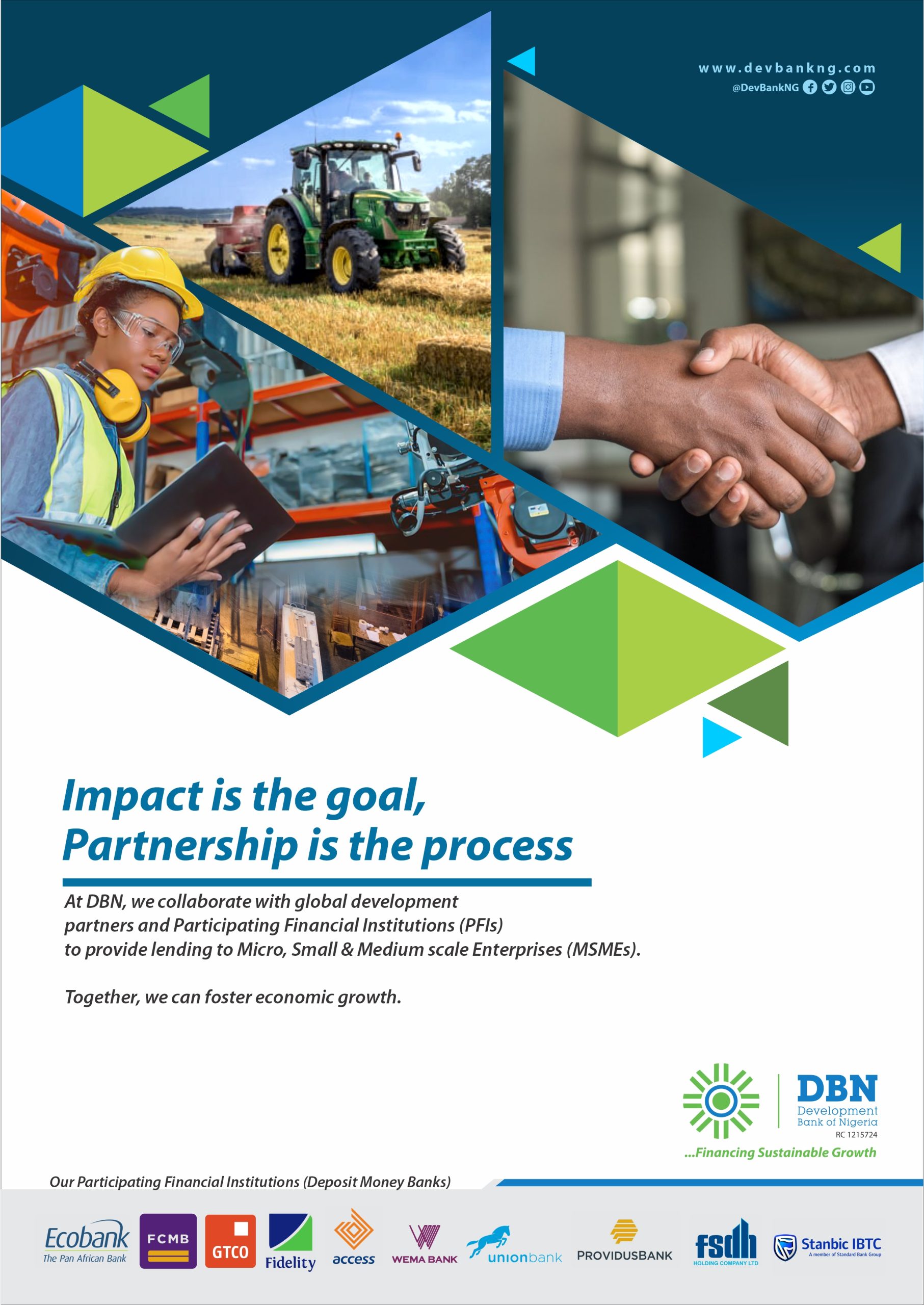UK’s BII Invests $40.5 Million in Nigeria’s Cocoa Industry
By Patience Ikpeme
British International Investment (BII), the UK’s development finance institution, has provided $40.5 million in funding to Nigeria’s Johnvents Group to support the company’s goal of achieving 100 percent traceable and 90 percent certified cocoa by 2027.
The financing, finalized yesterday in Abuja, will enhance production at Johnvents’ cocoa processing facility in Ile-Oluji, Ondo State, increasing its output from 13,000 metric tonnes to 30,000 metric tonnes per year.

A significant portion of the company’s raw cocoa beans will be sourced from Rainforest Alliance-certified local farmers, strengthening sustainability and local agricultural practices.
Speaking on the partnership, British Deputy High Commissioner in Lagos, Jonny Baxter, described BII’s investment in Johnvents Group as a transformative step that will create jobs and foster stronger trade ties between Nigeria and the UK.

“Our commitment to working with the Nigerian government on its economic reform agenda spans multiple sectors, including agriculture and agricultural exports,” Baxter said. “We are eager to maximize the impact of such partnerships to ensure inclusive growth across the country.
Transformative changes in agriculture and food systems require collaboration between the government and the private sector. That’s why BII is providing this $40.5 million term loan facility to Johnvents to support the expansion of its cocoa processing facility in Ondo State.”
Baxter further highlighted that BII’s investment will allow Johnvents to increase its annual sourcing capacity to 30,000 metric tonnes while directly supporting smallholder farmers. “This initiative aligns with the UK’s climate-smart rural agriculture program, PropCom+, which promotes sustainable cocoa production in Nigeria.
The program works at different levels—government, business, and local communities—to attract private capital into sustainable forest commodities and create long-term positive impacts,” he explained.
Chris Chijiutomi, Managing Director and Head of Africa at BII, emphasized the strategic importance of the cocoa sector in Nigeria’s economy and the government’s priority on agriculture.
“As one of our priority markets, we have strong ambitions for our investments and partners in Nigeria,” Chijiutomi said. “This investment aligns perfectly with our strategy—supporting strong businesses with experienced management teams that prioritize sustainability and value creation within the supply chain.”
He underscored the broader economic impact of boosting domestic manufacturing capabilities, stating, “No nation can overcome economic challenges without building a deep manufacturing and industrial base. These are the areas where economic development happens and where jobs are created.”
John Alamu, Group Managing Director of Johnvents Group, described the collaboration as a milestone achievement in Nigeria’s agribusiness sector.
“At Johnvents Group, we are dedicated to building a sustainable and globally competitive agribusiness industry in Nigeria,” Alamu said. “This investment in the Premium Cocoa Products Ile-Oluji facility—one of our cocoa processing subsidiaries—alongside our partnership with BII, marks a significant step forward. It will not only boost our processing capabilities but also empower thousands of farmers and contribute to Nigeria’s overall economic growth.”
BII’s partnership with Johnvents further underscores its commitment to increasing investment in Black-owned and Black-led businesses in Africa. According to the development finance institution, these businesses often face greater challenges in accessing capital compared to other ethnic groups in the region.
The financing is expected to strengthen Nigeria’s position in the global cocoa market, drive sustainable farming practices, and enhance local value addition in the agricultural sector.





